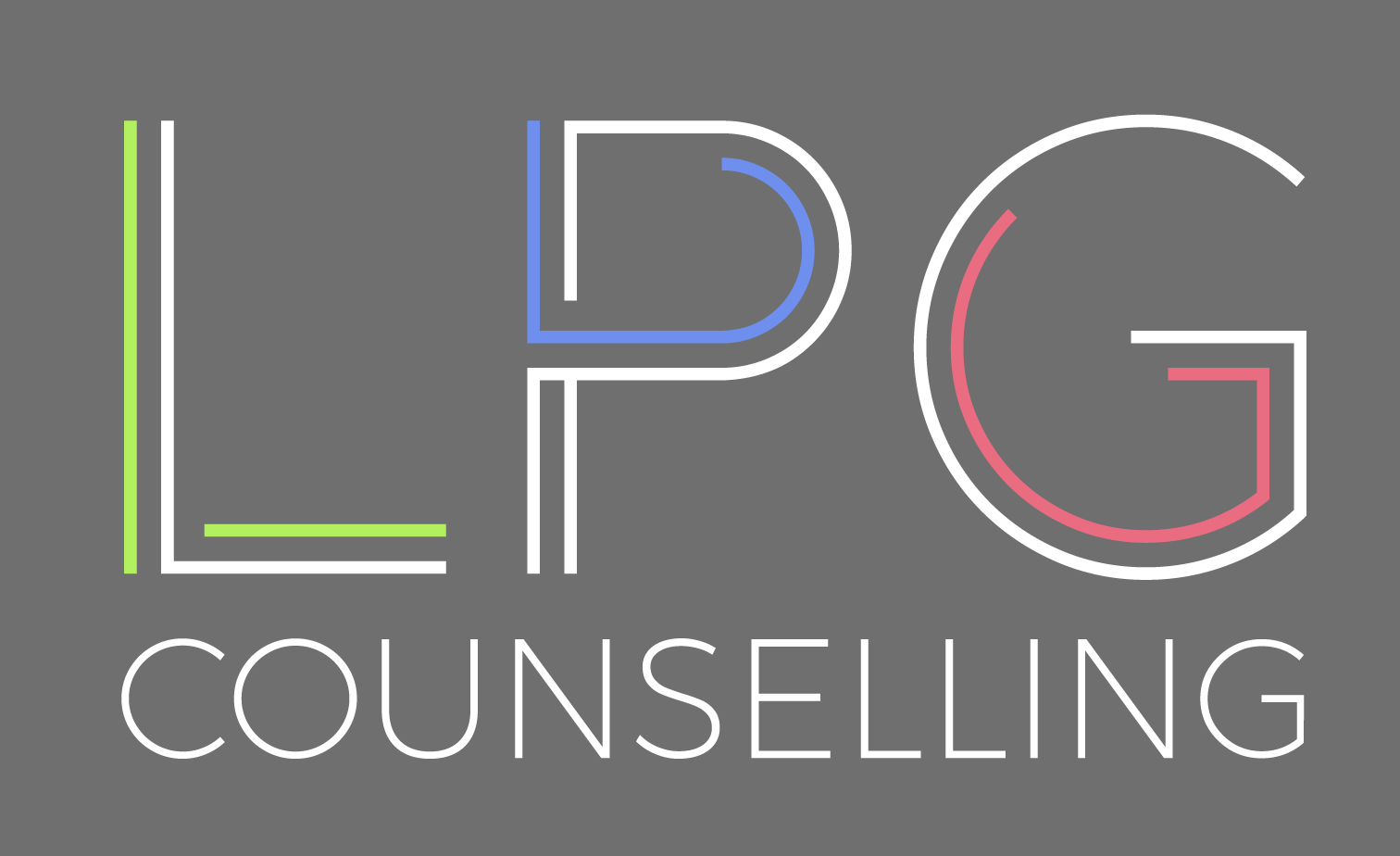The Inner Critic
In this blog I will be talking about the Inner Critic. The concept of the inner critic is used in a wide variety of counselling modalities as it is a concept that many of us will understand intuitively. Our inner critic refers to that inner voice that expresses criticism, frustration or disapproval about our actions. The part of our internal dialogue which says things like “you did not do this well enough,” that points out our faults and reminds us of the all ways we feel we are not good enough.
It is an accepted norm in our culture to believe that criticism and guilt inducing comments will motivate people to change their behaviour. This results in both ourselves and others using this as a means of controlling our behaviour and feelings. Over time these comments can become internalised into a persistent negative self-talk and that is our inner critic.
The problem is that this type of communication is both anxiety provoking and shaming which, far from motivating us, triggers us to avoid, to stay safe and to reduce that anxiety. Efforts to do this are far more likely to result in addictive behaviours, procrastination or isolating ourselves from the source of the criticism rather than motivating us to change. And, a harsh inner critic can virtually paralyse us as a result.
Considering this, it is unsurprising that many self-help guides talk of it as an enemy that must be silenced/tamed/defeated. It certainly feels like an enemy when it is sabotaging moments of happiness; tearing us down for our best effort at something; or making us too ashamed to leave our house or even our bedroom. However, this begs the question: if I silence my inner critic what will motivate me to change or improve?
I think this is a very important point because self-reflection, sometimes even critical self-reflection, is not something we should always be avoiding or repressing. It is a very important and useful ability that enables us to learn and grow from our experiences. However, as we have seen already, the harsh, shaming criticism of our inner critic is the opposite of the kind of empathetic self-reflection that could motivate us to take any action. Our inner critic may be trying to fulfil that function, but when it is layered with all our insecurities and delivered as harsh, all-encompassing criticism the real message quickly becomes lost.
So, what do we do if we have a very active inner critic? Unfortunately, I cannot offer any quick fixes. Often our inner critic process has been internalised at a young age and reinforced by us for many years so it may take a great deal of time in counselling to work through all the actual content it dredges up. However, working through all that backlog of experience may not be necessary in order to find a more balanced relationship with our inner critic. Instead, cultivating an awareness of when that critical process starts up could offer a path to reducing the hold it has over us.
The inner critic is not a separate voice to our own internal dialogue, but it is an internalised pattern of behaviour that we can learn to recognise. Learning to spot when we are hearing our inner critic can help take some of the sting out of what it is saying as we can recognise it as triggered negative thought patterns rather than being the truth of our present situation.
Often too, when we push back against our inner critic and try to silence it, we can inadvertently be engaging it. When we criticise ourselves for self-criticism, saying things like “you are stupid for thinking this way” that is our inner critic speaking. In trying to push it away we often find ourselves reinforcing it. Again, learning to recognise when we are hearing our inner critic can help us avoid falling into traps like these.
Just as important as developing that awareness is cultivating a voice that can respond to our inner critic’s attacks with empathy, understanding and self-acceptance. A voice that reminds us that we are trying our best; that highlights the good things we have done or the progress we have made.
Our inner critic can be incredibly pernicious in undermining our confidence and self-esteem. When that is the loudest or the only voice we hear it can become impossible to do anything without receiving a barrage of self-abuse, leaving us feeling anxious, ashamed and unable to do the things we want to do. Cultivating that voice of self-acceptance gives a vital second opinion and with time can open the door from harsh self-criticism to the kind of empathetic self-reflection that leads to personal growth.
By Paul Johnson

